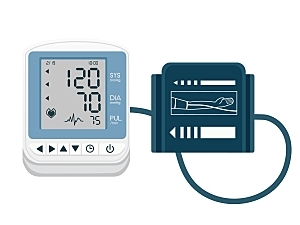Gastroenterology Fellowship Leaders Perceive Multiple Benefits of GI Hospitalists

Clinicians in the Department of Gastroenterology, Hepatology and Endoscopy at Brigham and Women’s Hospital and colleagues explored the prevalence and perceptions of the GI hospitalist model in academic GI departments across the United States. They report GI hospitalists are relatively common and geographically diverse.
Read More...







